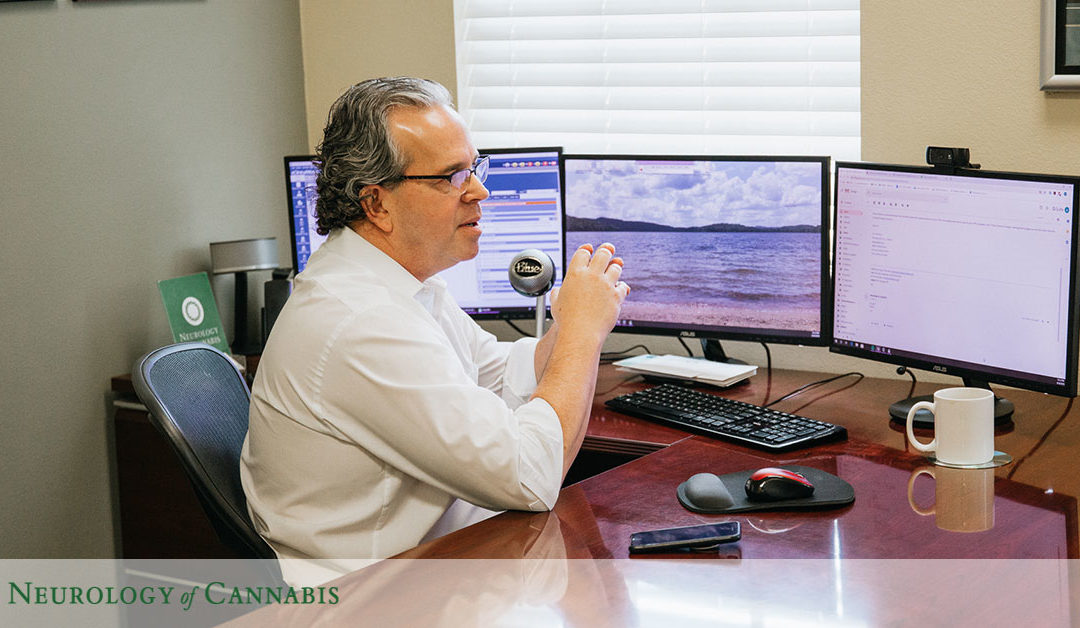The COVID-19 crisis has fundamentally changed the way many industries have functioned. Although some see this as a negative, in many cases, the rapid transition allowed businesses to operate in far more efficient manners.
Changes have worked so well that these temporary alterations will likely become permanent parts of the business model. The medical cannabis industry is no different.
One of the biggest shifts we have seen is in general perception. As non-essential businesses closed in most states, medical cannabis dispensaries were deemed “essential.” The designation was interesting as medical cannabis is still considered “illegal” on a federal level. Many industry insiders are observing to see if this situation changes the national policy towards medical cannabis.
This move to call medical cannabis “essential” strongly recognized that the needs of medical cannabis patients were equal to those of patients requiring other medical treatments. Shutdown and shelter-at-home policies have caused additional stress for many who already suffer from anxiety. Having access to medical marijuana was found to be critical at this time.
Some other changes to the medical cannabis system which may become permanent include:
- The utilization of telehealth for initial appointments and cannabis recommendations was not allowed before the epidemic. In many states, telehealth has been utilized for these initial consultations and may be extended even after the closures. Telehealth is being looked at as a revolutionary way for physicians to interact with all types of patients go forward, saving time and money by doing remote consultation. Although it was growing in popularity before COVID-19, the concept has received a massive boost towards universal acceptance.
- Very few states allowed the delivery of medical cannabis prior to the COVID-19 pandemic. However, most states opened up this option when encouraging people to stay at home. It also introduced many users to the possibilities, with sources reporting a 142% increase in online orders in March. Delivery is more convenient for many patients, and the dispensaries have also realized that understanding their customers better allows for more efficient supply and demand procedures for their clientele. It is expected that the legal delivery of medical cannabis will remain in place in most states, which implemented it as a temporary policy.
- The federal implementation of medical cannabis policy is likely to become a topic of discussion during the upcoming elections, spotlighting the needs of cannabis patients. While many point to federal legalization being a few years away, the crisis may give lawmakers some additional motivation and impetus. Tax revenues, job creation, and new income opportunities from the medical cannabis industry may be considered as a potential economic boost.
- Cannabis advocates have seen a surprising increase in edible cannabis products, as many people looked for alternatives to smoking. It remains to be seen if this trend continues beyond the COVID-19 stay at home mandates or if this was simply a statistic driven by the situation. The consensus among medical professionals, however, points to the popular choice of alternatives to smoking. This is especially true as more people turn to medical cannabis, especially those who initially rejected the possible treatment.
- As medical cannabis treatment options become more mainstream, we can expect improvements in delivery and accessibility. While the long term effects of COVID-19 shutdowns will unknown at this time, most expect the outcomes to be positive for cannabis users.
For more information on medical marijuana treatment options, set up an initial consultation with Neurology of Cannabis in Sarasota. Dr. Daniel P. Stein is one of the area’s foremost experts on medical cannabis treatment for a full range of illnesses and conditions.

